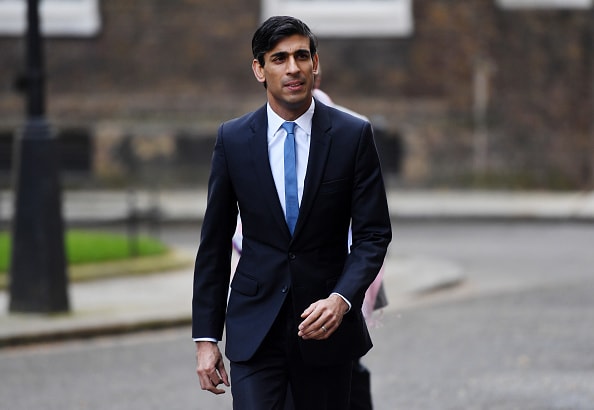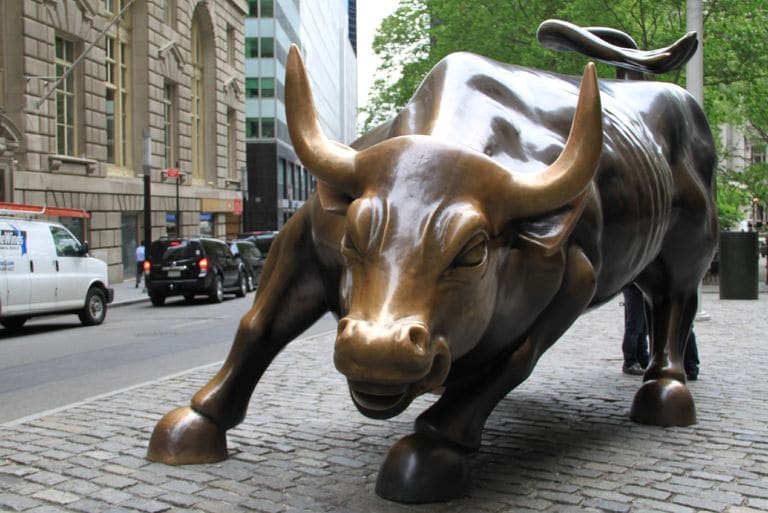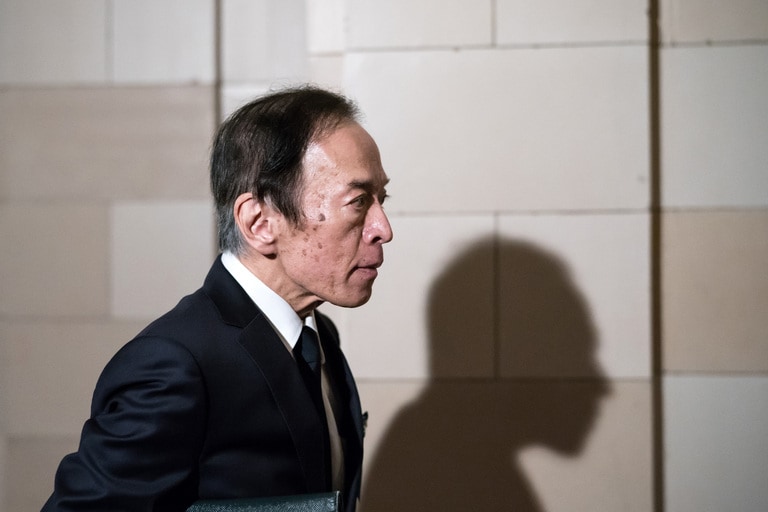There wasn’t much in the way of surprises in today’s Budget given so much of it had been pre-leaked beforehand, nonetheless there were still a couple of notable items.
For a government that sets great store on fiscal responsibility, the numbers being set aside in respect of the Covid response are being estimated at an eye-watering £407bn, with the various extensions that were announced earlier today. To that end there was also some red meat for the more fiscally hawkish, in the form of a corporation tax increase of 6%, but it was a surprise tax break in the form of a super deduction that was the most noteworthy, but we’ll come to that later.
To begin with the chancellor set out the scale of the task facing the UK economy, with the various support measures that have been extended into the next fiscal tax year, and various Office for Budget Responsibility forecasts that predicted the budget deficit for 2021/2022 would be 17% of GDP, and then 10.3% of GDP the year after. The OBR also forecast that unemployment would peak at 6.5%, down from the previous 7.5%, with total government borrowing expected to be £355bn this year, and £234bn next year. The OBR went on to predict the economy would expand 4% this year, a downgrade from the 5.5% in November, but then grow 7.3% next year, an upgrade from November.
Furlough, business rates and stamp duty extensions
The chancellor confirmed the extension of furlough until the end of September, as well as extending the reduction in VAT to non-essential retail for another six months, as well as announcing one-off restart cash grants of up to £6,000 per premises, while hospitality venues will receive up to £18,000 per premises.
The business rates holiday was also extended until the end of June, when the economy is expected to reopen and all restrictions are currently expected to have been lifted. The rate will then be discounted for the remaining nine months of next year.
The stamp duty holiday was also extended until the end of June, and then tapered until September, while we also had confirmation of a 5% home deposit guarantee for first-time buyers, which has helped push housebuilders to the top of the FTSE 100, with Persimmon, Taylor Wimpey and Barratt Developments occupying the top five positions.
Pubs have also maintained their gains on the suspension of the scheduled rises in beer and spirits duty, with Mitchells & Butlers and Wetherspoon shares up on the day, but off their highs, with the FTSE 250 on course for its best close in over a year.
All so far so normal, with the chancellor abiding by his promise not to raise income tax, VAT or National Insurance rates, however he got around that by freezing the thresholds until 2026, which to all intents and purposes translates into a de-facto increase on a real terms basis.
Corporation tax hike, and two-year super deduction
The decision to increase corporation tax by 6% to 25% in 2023, was one particular eye-catching announcement, and in terms of optics the most notable, and probably a sop to the fiscal conservatives, however it was overshadowed by the so-called two-year super deduction, which appears to have prompted a sell-off in UK gilt markets, pushing yields back up towards last week’s peaks above 0.8%.
The reaction of sterling amounted to what can only be described as a collective shrug, though the FTSE 250 looks set to close at a one-year high, as investors pile back into to an index that has underperformed markedly over the past 12 months.
The super-deduction would allow a company to reduce their tax bill by 130% on any cost of business investment. The chancellor’s thinking here is that it should encourage businesses to unleash a business investment boom with the money companies have sitting idle on their balance sheets. This has the potential to cost around £25bn.
The chancellor also announced the setting up of eight Freeports from Liverpool to Teesside in the north of England to the Solent and Plymouth in the south, as well as a UK infrastructure bank based in Leeds with an initial capitalisation of £12bn, which would invest in projects to accelerate investment in renewables, grid and hydrogen infrastructure.
He also confirmed the planned launch of a green savings bond through National Savings and Investment. Let’s hope it charges a better interest rate than the one just cut by NS&I for their normal savings bond.
Disclaimer: CMC Markets Singapore may provide or make available research analysis or reports prepared or issued by entities within the CMC Markets group of companies, located and regulated under the laws in a foreign jurisdictions, in accordance with regulation 32C of the Financial Advisers Regulations. Where such information is issued or promulgated to a person who is not an accredited investor, expert investor or institutional investor, CMC Markets Singapore accepts legal responsibility for the contents of the analysis or report, to the extent required by law. Recipients of such information who are resident in Singapore may contact CMC Markets Singapore on 1800 559 6000 for any matters arising from or in connection with the information.








